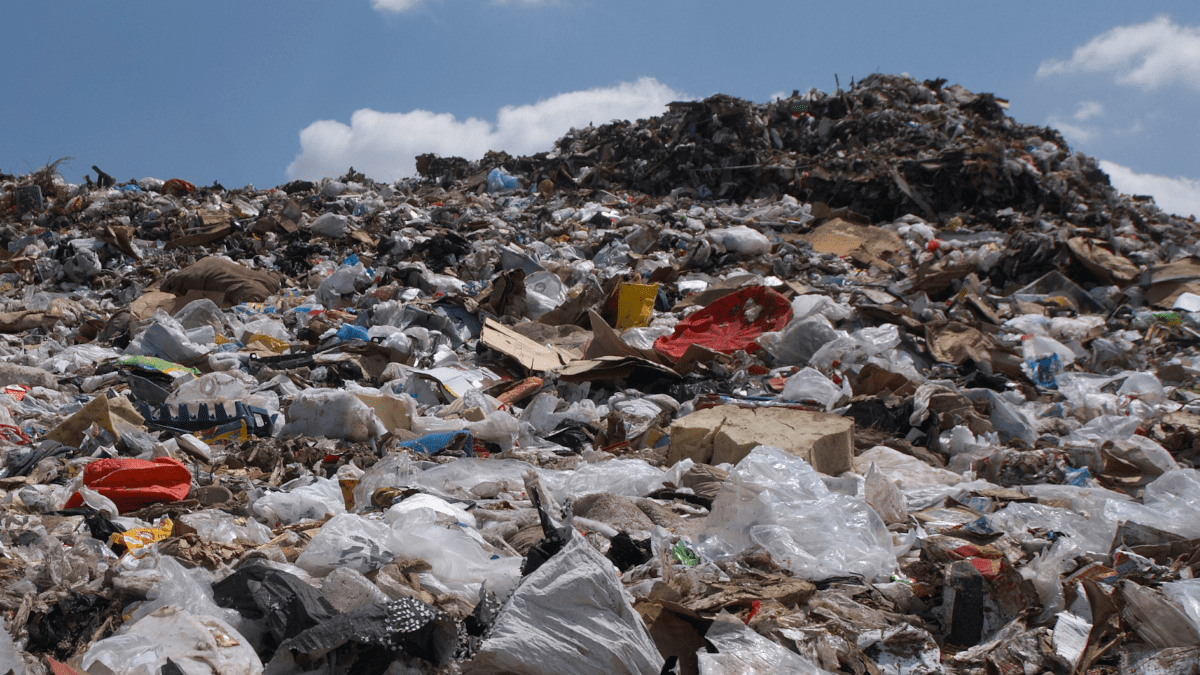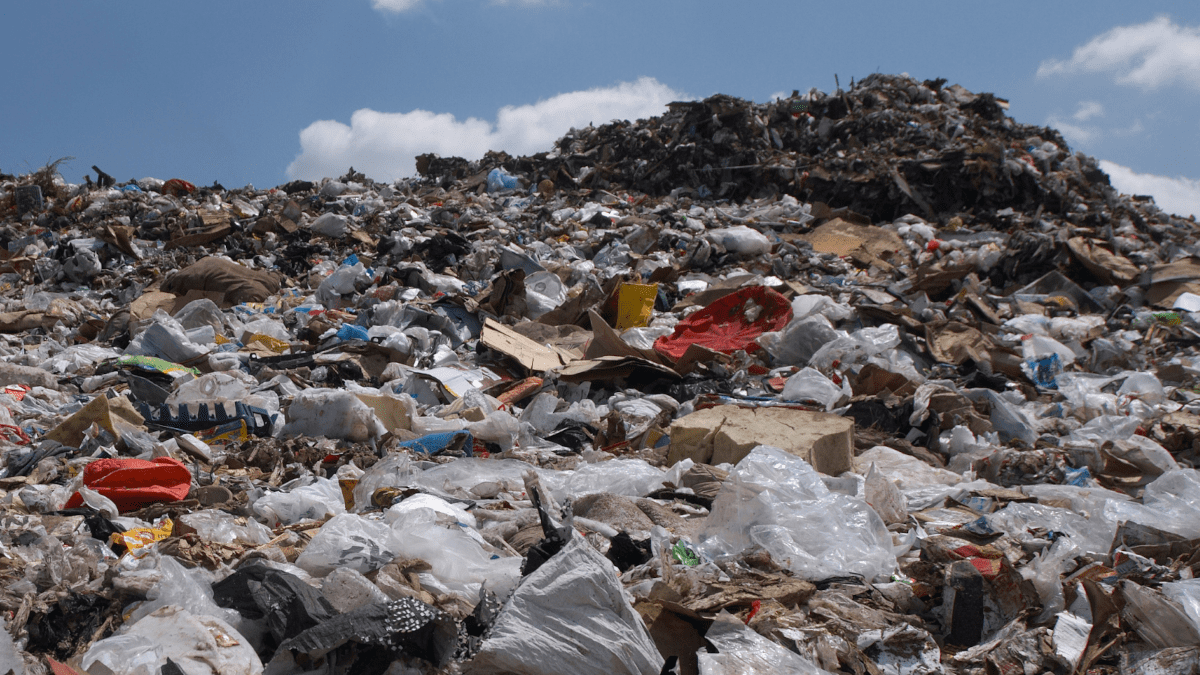
A new policy briefing from Zero Waste Europe (ZWE)1 urges the EU to move beyond narrow landfill bans and adopt a cap-and-trade system to cut residual waste under the upcoming Circular Economy Act (CEA).
The report, Cap-and-trade on residuals: Proposals for a Circular Economy Act, warns that focusing solely on landfill restrictions risks shifting waste to incineration—locking Europe into a linear, high-emission system. Instead, the environmental network proposes a comprehensive cap-and-trade approach that would incentivise prevention, reuse, and recycling, while holding Member States accountable for reducing residual waste across the board.
At the core of ZWE’s proposal is a “passive trading” model between Member States:
- Each country receives a per-capita cap for residual waste.
- Those exceeding the cap pay a levy, while better performers receive funds.
- The system is revenue-neutral, redistributing money from underperformers to leaders.
Janek Vahk, Zero Pollution Policy Manager at ZWE, said:
“Europe’s circular economy won’t be built by simply banning landfill; it will be built by cutting residual waste at the source. A cap-and-trade system for residuals would move us beyond waste displacement and make waste prevention the real measure of progress.”
Dr Dominic Hogg, the report’s author, commented:
“Today, the majority of landfill waste in the EU-27 consists of major mineral wastes. Setting these aside, roughly equal amounts of residuals are sent for incineration and to landfills. If Member States implement existing law and ensure that no waste is landfilled without prior sorting and biostabilisation, we should aim to target a reduction in all residual waste, not just landfilling.”
Residual waste management—through both landfilling and incineration—is a significant and still growing source of greenhouse gases (GHG), including methane from landfills and CO₂ and NOₓ from burning waste. The briefing shows that a cap on residual waste would directly limit these emissions by reducing the overall amount of waste being disposed of.
As the public consultation on the Circular Economy Act advances, ZWE calls on the European Commission to make it a driver of GHG reduction, waste prevention, and a truly circular economy.
Notes
[1] Zero Waste Europe (ZWE) is a non-governmental organization (NGO) and network of European civil society groups, municipalities, and other stakeholders working to advance the zero waste movement in Europe.

